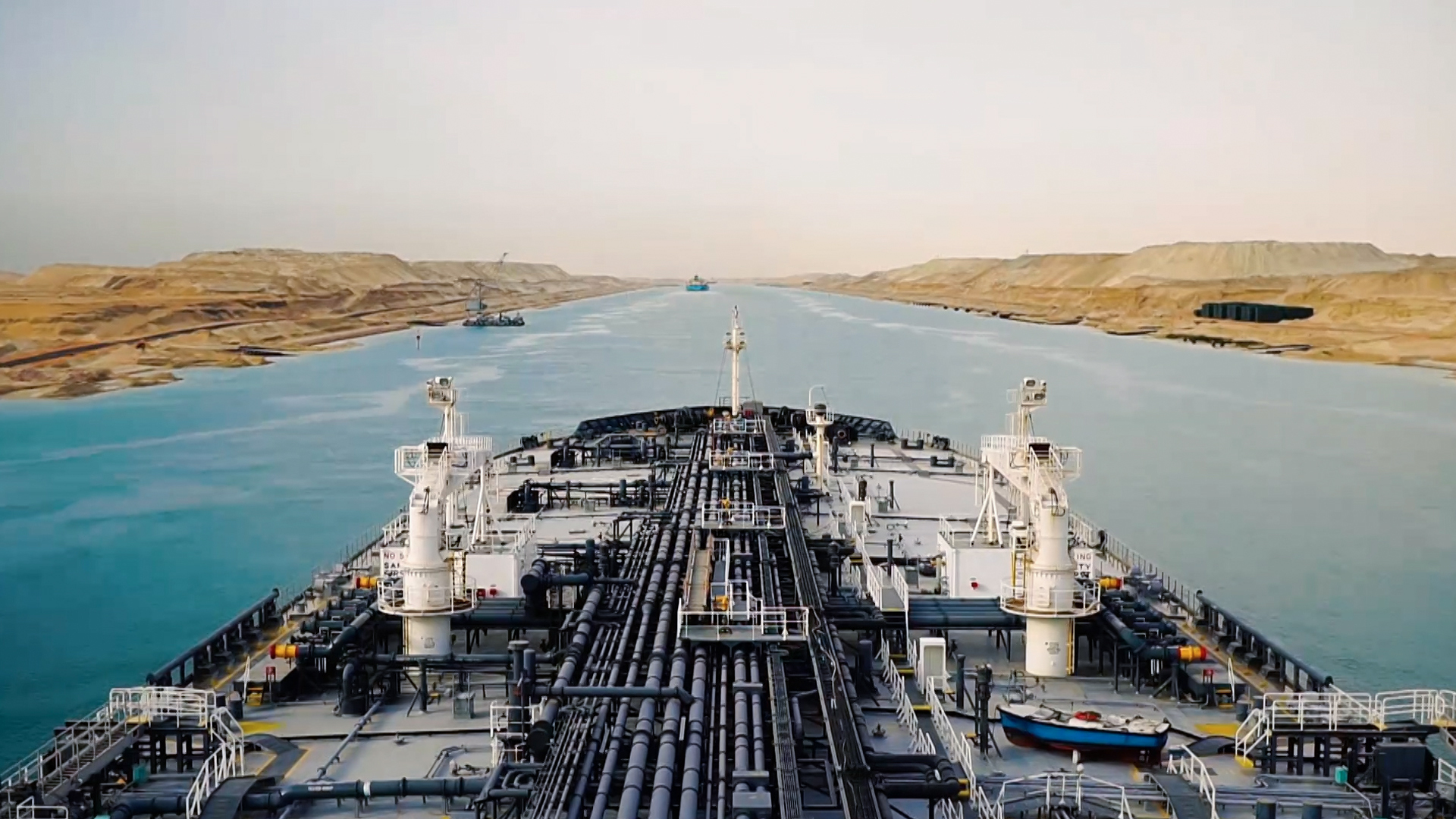The "Istanbul Canal" will link the Black Sea with the Sea of Marmara, and it will be parallel to the Bosphorus Strait, and Turkish President Recep Tayyip Erdogan aspires through it to be a lever for the Turkish economy and a rich source of hard foreign currencies.
Although the Turkish government estimated the cost of the project at about $25 billion, the opposition expects the cost to be more than $75 billion, and it also questions the amount of returns that can accrue to the Turkish economy from this project.
The opposition is attacking the project because of what it says will cause environmental disasters for the city of Istanbul, as it will divide the city into 3 sections, and cause suffocating crises.
Retired Turkish officers also attacked the "crazy" project, saying that it would threaten the Montour Convention signed in 1936, which guarantees the passage of civilian ships through the Bosphorus Strait in times of war and peace.
As for Russia, it does not hide its fears that this channel will lead to the arrival of European warships to its borders, which could cause major international crises.
While China is seeking to achieve economic gains, as it took the initiative to offer a material contribution to the project, which may put Turkey in great embarrassment with its ally, the United States of America, which considers China a sworn adversary that threatens its economic interests.
Although Ibrahim Fahmy, an expert in the maritime transport industry and a fellow of the British Institute of Naval Engineering, considered in his talk to "The Rest of the Story" that the "Istanbul Canal" project comes in the context of the Turkish economic strategy and is integrated with major marine and land projects established by Turkey in recent years, and will contribute to the formation of A lever for the Turkish economy in the future, according to him. He spoke of challenges that pose a threat to the project.
Among these challenges, according to him, is the real cost of the project, as he expressed his fears that Turkey will have to increase the declared cost, especially if experts believe that they need to increase the depth or width of the channel.
Fahmy also talked about the challenges of time and the completion of the project by the announced date, which is the year 2027, expressing his fear that the project will not be achieved on time, which will force Turkey at that time to submit to the requests of contractors, and may resort to subcontractors, which ultimately means an increase cost on it.
However, Dean of Beyri Bahri University and Professor of Economics Ural Erdogan confirmed that Turkey had allocated the necessary budget for Canal Istanbul, and that it had taken care of any surprises that might appear during the implementation of the project.
He explained that the Turkish government will depend for the bulk of the project's financing on the country's public and private sectors, and that it may open a small field for international parties that may wish to invest in the new channel.
He also did not deny the rationality of the Turkish opposition's concerns regarding the environmental effects and the congestion that the canal might cause, but he stressed that the existence of fears about the consequences of the project does not necessarily mean abandoning it, but rather calls for searching for solutions to any problems that may arise in the future.

